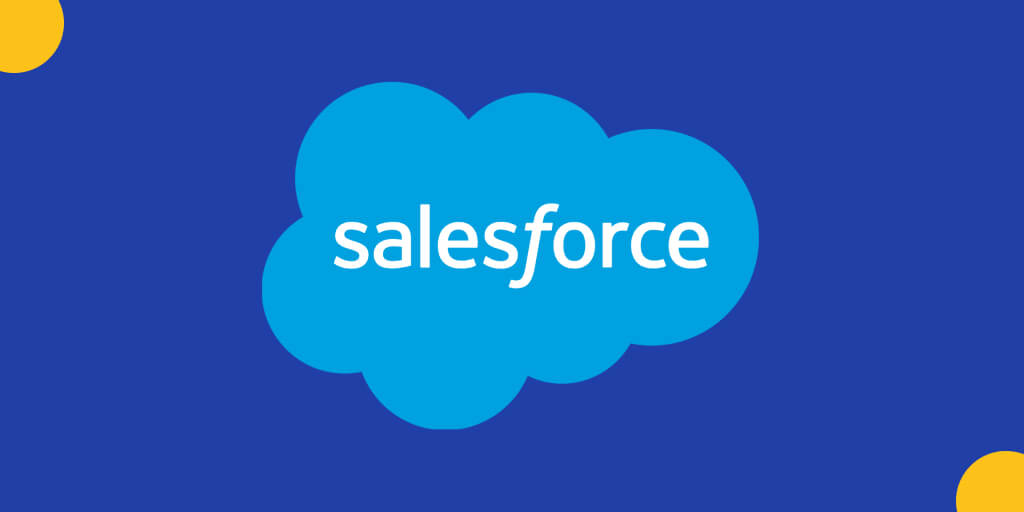So, you’ve taken the plunge and decided to invest in Salesforce to streamline your business. Excellent choice! Now, you’re about to meet your Salesforce CRM consultant for the first time. This initial meeting is crucial for setting the stage for a successful implementation. To make the most of it, you need to be prepared. Here’s a guide on what you should bring to your first meeting:
1. A Clear Vision of Your Business Goals:
- Why Salesforce? Don’t just say, “We need a CRM.” Articulate the specific problems you’re trying to solve and the outcomes you desire. For example:
- “We want to increase sales conversion rates by 20%.”
- “We need to improve customer service response times.”
- “We want to automate our lead generation process.”
- Prioritize your needs: Identify the most critical areas that need improvement. This will help your consultant focus on the most impactful solutions.
2. An Overview of Your Current Business Processes:
- Document your workflows: Prepare a basic outline of your sales, marketing, and customer service processes. Visual aids like flowcharts or diagrams can be helpful.
- Identify pain points: Highlight the inefficiencies and bottlenecks in your current processes. Where are things breaking down? What’s causing delays or errors?
- Current software and tools: List all the software and tools you’re currently using (e.g., spreadsheets, email marketing platforms, legacy systems). This will help the consultant understand your existing technology landscape.
3. Key Stakeholders and Their Roles:
- Identify key users: List the individuals who will be using Salesforce and their respective roles.
- Define responsibilities: Clearly outline who will be responsible for data entry, reporting, and system administration.
- Decision-making authority: Clarify who has the authority to make decisions regarding the Salesforce implementation.
4. Data Samples and Reports:
- Sample data: Provide examples of your current customer data, sales data, and other relevant information. This will help the consultant understand the complexity and volume of your data.
- Existing reports: Share any existing reports or dashboards you use to track key metrics. This will give the consultant insight into your reporting needs.
- Data quality assessment: If possible, provide information about the quality of your existing data. Are there any inconsistencies or inaccuracies?
5. Budget and Timeline Expectations:
- Budget range: Have a realistic budget in mind for the Salesforce implementation. This will help the consultant recommend solutions that fit your financial constraints.
- Timeline expectations: Set clear deadlines for each phase of the project. When do you need to go live with Salesforce?
- Phased implementation: If you have a tight budget or timeline, consider a phased implementation approach.
6. Questions and Concerns:
- Prepare a list of questions: Don’t be afraid to ask questions about the consultant’s experience, methodology, and pricing.
- Address concerns: If you have any concerns about the Salesforce implementation, voice them openly.
- Understand the consultant’s process: Ask about their implementation process, communication style, and support services.
7. Access to Relevant Systems (If Possible):
- Depending on the nature of your business, having temporary read only access to current systems that you want to integrate with salesforce can be very beneficial. This is not always possible, but when it is, it saves a lot of time.
Also read : How to get the most out of CRM ?
Why is this important?
By bringing these items to your first meeting, you’ll:
- Save time: You’ll provide the consultant with the necessary information to quickly understand your needs.
- Ensure a tailored solution: The consultant can develop a Salesforce solution that aligns with your specific requirements.
- Build a strong working relationship: Open communication and transparency will foster a positive and productive partnership.
- Avoid costly mistakes: Clear expectations and a well-defined scope will minimize the risk of costly errors and delays.
Remember, your Salesforce CRM consultant is your partner. By being prepared and proactive, you can ensure a successful and rewarding Salesforce implementation.




